Trio of Vulnerabilities Safeguarding Online Training
This Trio of Vulnerabilities Training Course was formerly known as Toxic Trio. The toxic trio can affect people of all ages including children, young people and adults and our CPD approved online course describes the impact of it, what it means and its effects. The training course uses real-world scenarios so you can apply the knowledge in everyday life.
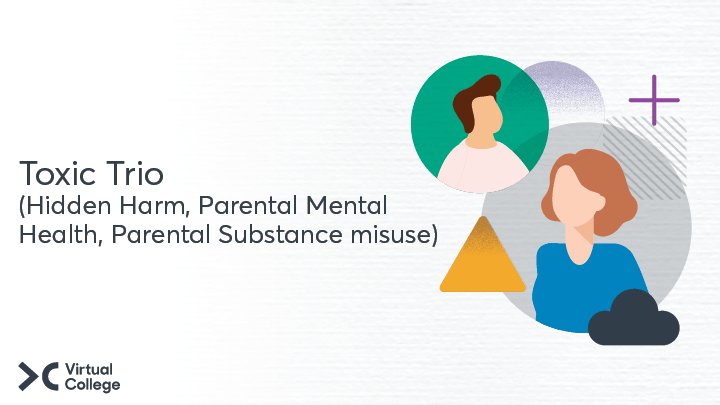
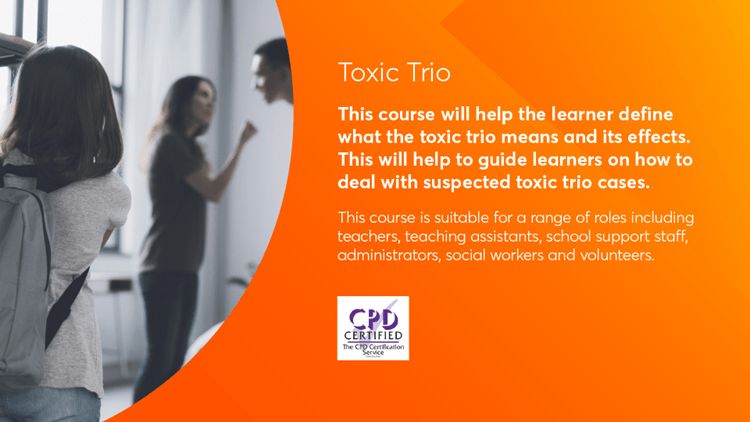
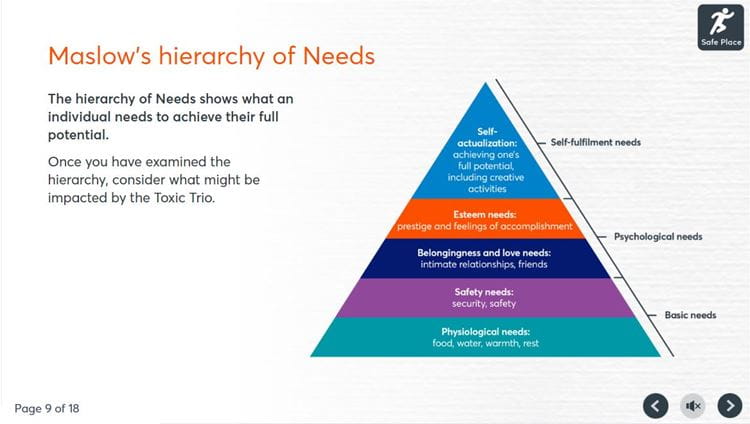
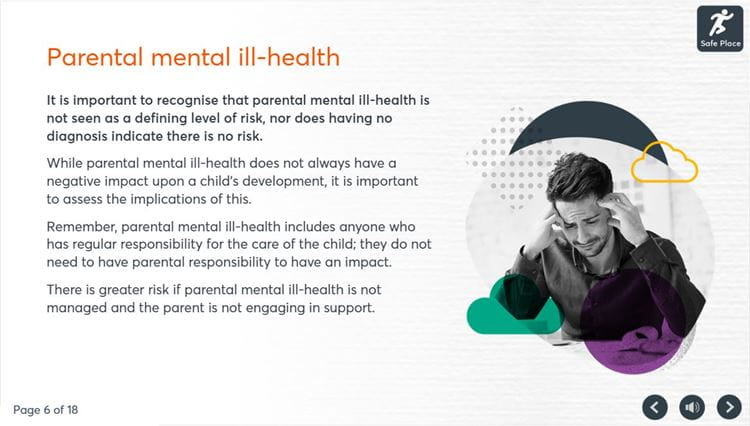




Course Overview
Format
- Intermediate
- 2-3 Study Hours
- Online Study
- Self-Printed Certificate
Accreditation
- 4 CPD Points
- CPD Certified
Course description
The Toxic Trio describes the massive impact domestic abuse, parental mental health issues and parental substance abuse can have on both vulnerable children, young people and the parents themselves.
This course will help the learner define what the toxic trio means and it’s effects. This will help to guide learners on how to deal with suspected toxic trio cases
This trio of vulnerabilities course contains information and resources to enable practitioners to define and identify the effects of such abuse and act accordingly.
This toxic trio training course covers the following:
- Definition of the Toxic Trio itself: domestic abuse, parental mental ill-health, parental substance abuse
- Statistics, facts and figures, and research into the Toxic Trio
- The impact the Toxic Trio can have on children, and on adults’ parenting ability
- NICE guidelines about alcohol misuse and drug misuse
- Vulnerabilities for substance misuse
- The risk and impact to children and adolescents: health, increased vulnerability, development
- Guidance, how to assess risk, strengths-based practice, information sharing and interventions
- Working Together
This toxic trio safeguarding training course uses immersive real-world scenarios to help professionals apply knowledge into everyday life. These real-world scenarios and the supporting cases studies will enable learners to see how their training can apply to them in their role.
A key aim of this training is to provide learners with strong context to the training so they can easily relate to the situations presented to them within the training.
What training can I do next?
When working with children, young people and vulnerable adults it is essential to ensure your safeguarding knowledge is fully up to date and that you meet the latest requirements.
Our Safeguarding Everyone Level 2 and Safeguarding Everyone Level 3 Training courses are perfect to expand your knowledge.
You will learn
- Understand what is meant by ‘Toxic Trio’ and the risks associated with this
- Identify how the Toxic Trio can be an indicator of risk or need for safeguarding
- Be able to define parental substance misuse and the impact on children
- Identify safeguarding concerns
- Understand parental mental health and identify different types of mental illness that can affect parents
- Describe the effects of poor mental health on parents and children
- Signpost services and professionals that can support parents
Who is it for?
Roles including:
- Teachers
- Teaching Assistants
- School Support Staff
- Administrators
- Social Workers
- Volunteers
Trio of Vulnerabilities FAQs
-
What is the toxic trio?
The Toxic Trio describes the massive impact domestic abuse, parental mental health issues and parental substance abuse can have on both vulnerable children, young people and the parents themselves. These issues often co-exist, particularly in families where significant harm to children has occurred. You can learn more about it here.
-
What is the trio of vulnerabilities in safeguarding?
The toxic trio has also been known as 'the trilogy of risk' or people with multiple and complex needs. The NHS now uses the term 'the trio of vulnerabilities' to describe individuals experiencing domestic abuse, mental ill health and substance misuse. Learn more about safeguarding here.
How the online courses work
-
Find a course
To begin searching for your online training you can click on the course category section on our website and browse through all of our training categories.
Alternatively if you already know the title of the training you’re looking for you can use the search bar located in the centre of the homepage and go directly to the course you want.
-
Buy the course
When buying one of our courses, you will need to enter a valid email address which will be used to create your account with our Learning Management System – Enable – where you will take the training. We will also send your purchase receipt to this email address, and any additional courses purchased in future using the same email address will be added to your system account.
Once you have purchased a course, you will be able to send this course to other people using your system account with Enable by entering the new learner’s email address so that they may access the training and set up their own system account with our Learning Management System.
If you are not 100% satisfied with your course then we offer a 30-day, no hassle money-back guarantee. To request a refund, you should email our learner support team with your receipt stating why you would like to be reimbursed. You, or your learners, must not have completed the training in order to make a valid refund claim. Any claim made after the training has been completed will be invalidated.
-
Take the course
This online course consists of a series of pages in which an instructor will talk learners through the lesson material. Pages may include supporting pictures, graphs, animation or extra sounds to help with the learning where appropriate. Some lessons will include challenges/quizzes to help learners stay engaged and interested in the material. Lessons can be taken in any order and each lesson may be paused and resumed at any stage.
The course is self-paced so learners decide how fast or slow the training goes. There is no deadline for completion but some of our courses have a test at the end to check that learners have understood the material. If the course has a test at the end then learners are required to achieve a 75% pass mark to successfully complete the course. Once learners have passed the test they are awarded a certificate, which can either be downloaded digitally or sent as a physical copy if this option was chosen when purchasing the course.
-
Your Certificate
Upon completion of any of our courses, learners will be able to download a digital certificate from Virtual College and will include the accrediting bodies logo where applicable.
If you have bought the posted certificate option (available on select courses), a high quality, seal embossed, certificate will be sent out at the beginning of the following working week.




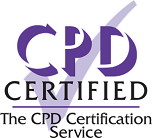




/e-safety-.jpg?mw=320&hash=A9FCF6B70F32AD3EA74633373FF0213B000F75FF)








